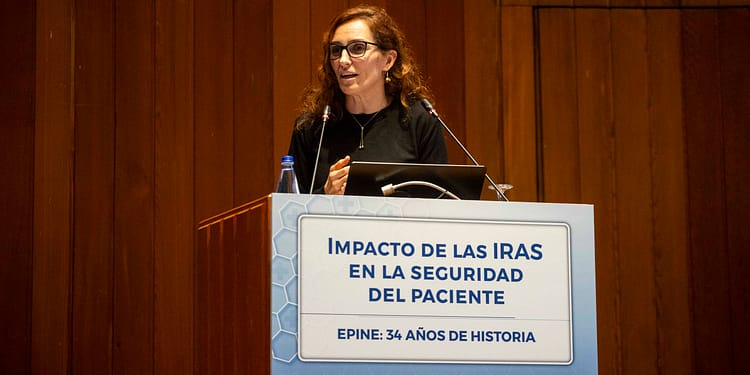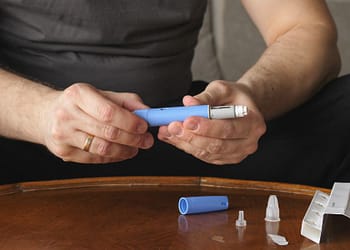- Cough, Mucus, and Respiratory Health: A Complete Guide - August 18, 2025
- Flogoprofen: what it's used for and how to take it - June 21, 2025
- What is Movicol oral solution in sachet used for and how to take it? - June 18, 2025
The Minister of Health, Monica Garcia, has highlighted the Government's commitment to reduce the incidence of healthcare-associated infections (HAIs)) and improve patient safety. During the closing ceremony of the conference organised by the Spanish Society of Preventive Medicine, Public Health and Healthcare Management, García stressed the importance of these infections as a crucial challenge for global public health.
The new State Network for Public Health Surveillance, recently created by the Ministry of Health, includes a specific system for monitoring communicable diseases, with special emphasis on antimicrobial resistance and HAIs. According to the Minister, this system will facilitate more effective management based on solid data and coordination between the different levels of health administration.
IAAS the European Union
Every year there are registered More than 3.5 million cases of HAIs in the European Union (EU) and the European Economic Area, which represents a serious threat to public health.
In Spain, These infections are responsible for 71% of cases of infections caused by antibiotic-resistant bacteria., including those that are resistant to last resort treatments such as carbapenem-resistant enterobacteria.
HAIs cause more than 6,000 deaths annually and 90,000 years of life lost, exceeding the combined burden of other serious infections such as influenza and tuberculosis.
The minister stressed that Up to 50 % of these infections are preventable through robust control measures in healthcare settingsIn this regard, he stressed the fundamental role of surveillance systems and mentioned the EPINE study, promoted by the Spanish Society of Preventive Medicine, Public Health and Healthcare Management, as an example of excellence that for more than three decades has made it possible to measure the evolution of healthcare-related infections (IRAS) in Spain and compare the results with other European countries.
The Ministry of Health, in collaboration with the Health Alerts and Emergencies Coordination Centre (CCAES) and the National Plan against Antibiotic Resistance (PRAN), works from an interdisciplinary and integrated approach to advance patient safety.
Among the most relevant initiatives is Royal Decree 568/2024, which formalizes the creation of the State Public Health Surveillance Network. This instrument reinforces the Government's commitment to public health and the fight against antimicrobial resistance.






